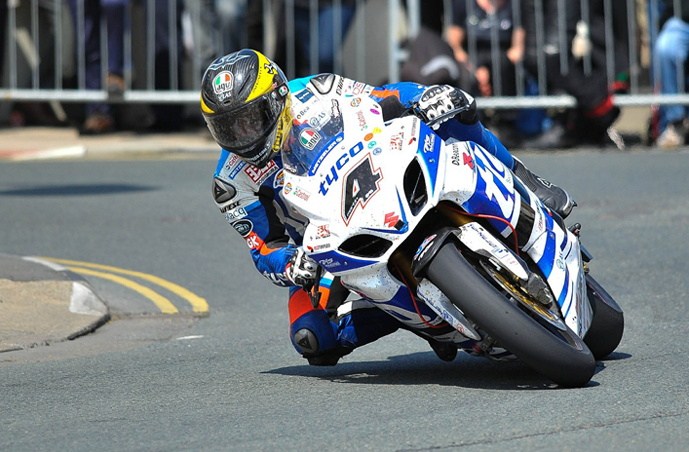
Juno, Kite Pharma Aim for two thousand seventeen CAR-T Therapy Approvals
A fresh treatment to immunotherapy that engineers patients’ immune cells to recognize and attack tumor cells resumes to build up speed: Juno Therapeutics and Kite Pharma both intend to bring chimeric antigen receptor T-cell (CAR-T) therapies to market next year.
Following the publication of updated clinical trial data, introduced at the American Society of Clinical Oncology (ASCO), both companies commented to Reuters that they aim to win approvals for their products next year. Specifically, Kite Pharma aims to file this year for FDA approval of its therapy, KTE-C19, for patients with diffuse large B-cell lymphoma (DLBCL). And Juno is presently enrolling patients with acute lymphoblastic leukemia (ALL) in a mid-stage trial of its therapy, JCAR015, the data of which it believes will support accelerated approval.
CAR-T therapies involve extracting a patient’s T cells, genetically modifying the T cells to express CARs that can recognize cancer-specific antigens, and then reinfusing the transfected cells into the patient.
At ASCO, Juno introduced an update on its trial, JCAR015: Among twenty five patients with advanced ALL, seventy seven percent achieved a finish response rate. That rate enlargened to ninety percent in patients who had minimal disease.
Kite Pharma introduced its data: In a National Institutes of Health early-stage examine that administered low-dose chemotherapy and its therapy, KTE-C19, to nineteen patients with various subtypes of DLBCL, eight trial participants experienced a accomplish response and five had a partial response.
Albeit the response rates of these CAR-T therapies emerge promising, there are risky side effects to the treatments. One in particular is cytokine-release syndrome, in which the T cells rapidly release a large number of cytokines into the blood stream. This can result in unsafely high fevers and precipitous drops in blood pressure.
But Juno’s CEO Hans Bishop isn’t deterred that CAR-T therapies’ risks could outweigh any benefits. “These are patients that are relapsed and refractory,” he told Reuters. “They are going to die of their disease. We can get ninety to one hundred percent of them into remission, and a meaningful percentage of them have durable remission.”
Juno said it is also looking into developing an assay to identify which patients might react negatively to its therapy prior to beginning treatment.
Last year, Kite Pharma confirmed a patient death that took place during an early-stage KTE-C19 trial was unrelated to the company’s therapy.

